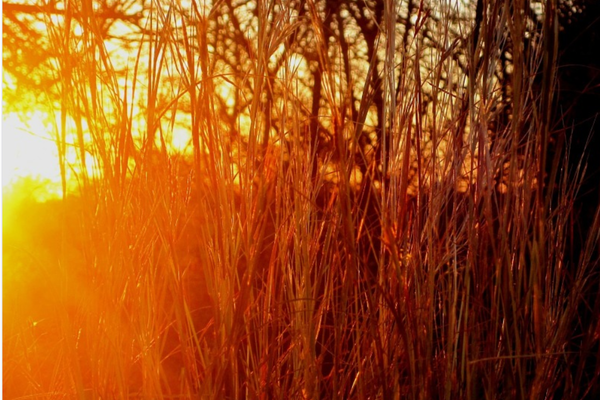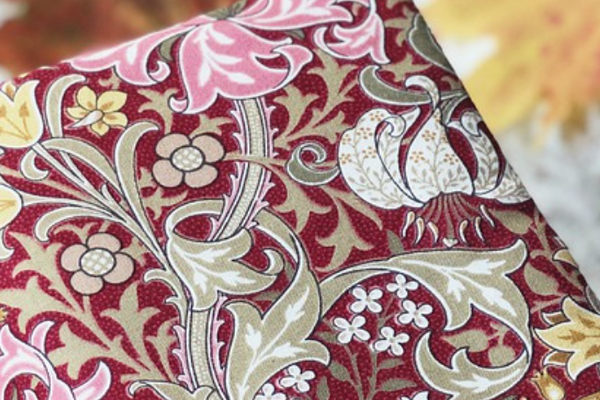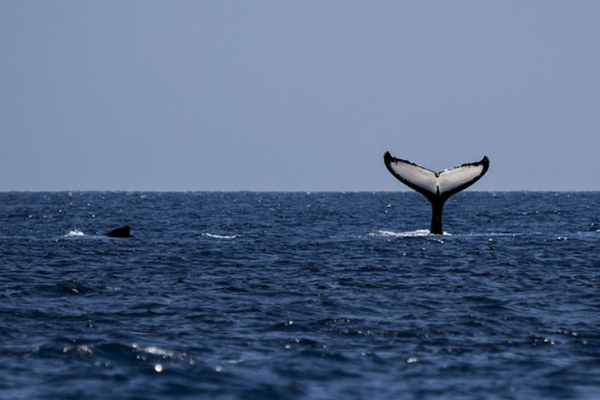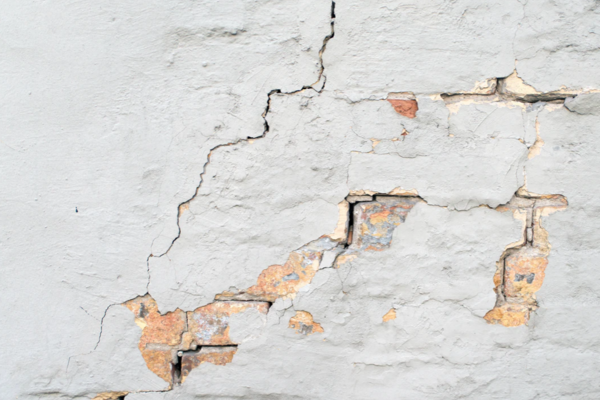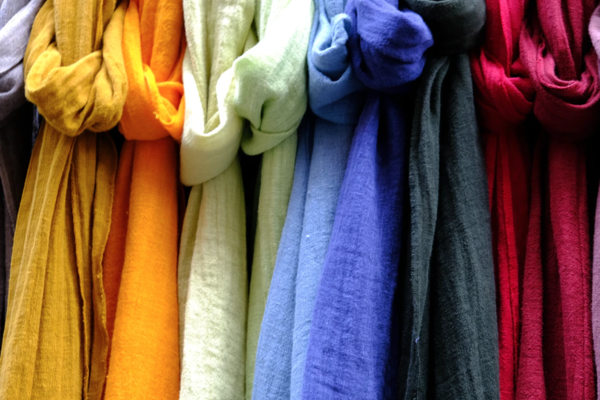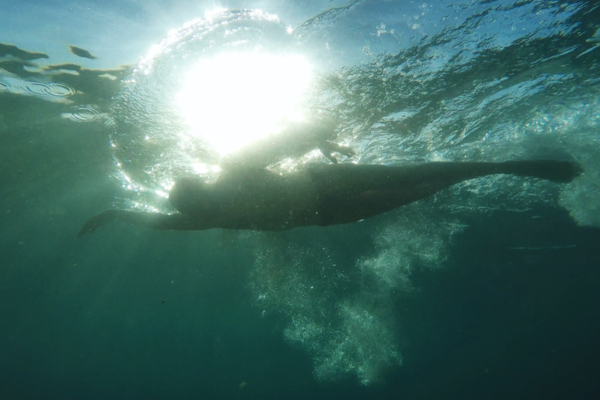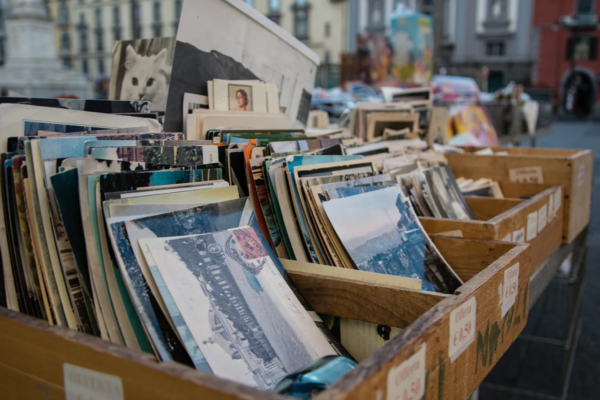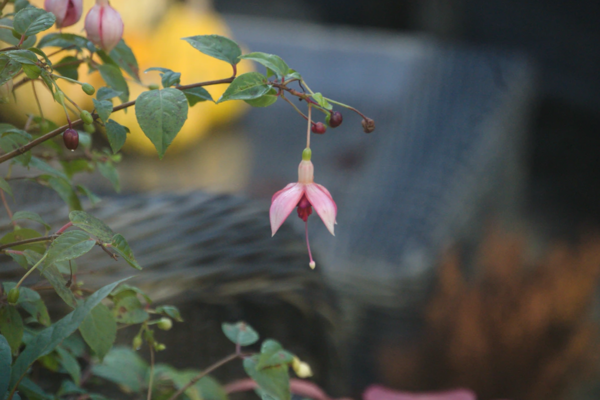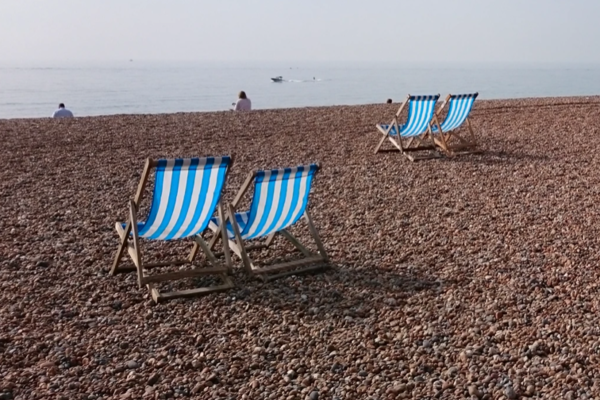Perspectives on Locked in - Locked out
Fourteen weeks from the unimagined to the reality of the COVID-19 pandemic lockdown in England. How is it feeling? Driving through the centre of Oxford at 9.0 am last Friday had a strong sense of unreality ~ grey, silent and empty of life. More like a film set. Almost no humans in sight. It was the first time I had seen a bus in over three months.
In a recent article, (TLS June 19th) Joe Moran remarked that silence speaks of the need for human connection and that desire for normal face to face conversation becomes more evident with time. He also said lockdown had laid bare the strangeness of everyday life. For me it revealed the magic of it. From week one I started walking – jogging laps through the garden for exercise and discovered unexpected little pleasures… the first bluebell appeared, then the first forget-me-not, and my best crop of lilies of the valley ever (I adore their fragrance and always stopped to sample it). My everyday path was familiar but different…I attended to what I was seeing. The changing flora has continued, with unrecognised species emerging and cherry blossom adding the feel of an artist’s palette. Wild flowers from our walks replaced the tied (and sometimes tired) bunches from the supermarket, offering originality of display indoors and provided ‘a cloud of unknowing’; cow parsley, which dropped it’s fine pollen like a carpet and amazed me with the number of tiny flowers on each stem. We saw deer and heard the first swifts, no background hum of traffic to disturb their screech.
This level of detail revealed what I recognised as ‘everydayness,’ a sense of automatic repetition in which much is lost which doesn’t normally reach that stage of attention. They say if you stare at something for long it becomes changed… for me it became more distinct and interesting. Georges Perec took this to an extreme, spending an overcast weekend in Café de la Mairie (Place St Sulpice, Paris 6ieme) in 1974 ~ this is somewhere I know well, one of my favourite stopping places close to the imposing St Sulpice Church. There, he set out to discoverer the humdrum, the everyday, to note ‘what happens’ seeing and listing everything that passed his vision, from buses, children, litter, dogs, signs, people, and so on…Recorded like an inventory in his diminutive book ”An Attempt At Exhausting A Place In Paris.” Curious, but for me, a fascinating social history to read ~ this vie quotidienne ~ all these years later.
Starting lockdown was a relief. No more indecision whether to take a train to London or even go and buy a weekend newspaper. I could manage without It was a strange pleasure, given the circumstances, to imagine the time I would spend on brushing up my French and writing an academic paper, sorting out papers in my study…. I began to think I could live with far fewer clothes and belongings than I had around me…But then I was left with bags for Oxfam and nowhere to take them. The mind adapts, to food deliveries, the front bell ringing before mail or parcels are left on the step and time is used up in new ways. There is more repetition…new habits… I now wake at 6 a.m and write a ‘stream of consciousness’ (Morning Pages), a recommendation for enhancing creativity (The Artist’s Way, Julia Cameron). Then a half hour walk through spacious fields, under big open skies… Opening the mind. A vapour trail is a rare thing now, although we are close to a small airport. Reading, music, culture and OCLW talks ~ many via Face book or You Tube, maintain a sense of connectedness but there is always something missing…... It relates especially to family and close friends… We live in this mix of distancing and constraining. When will we next see my son in Sydney? It is painfully distant and unanswerable. It is not long since we last saw my other son, midst those invisible barriers and unnatural distancing arrangements, a flux of great pleasure and departing sadness, leaving a shadow of love. But the months will go by, as they always do…
Have there been other times of being ‘locked in’? Yes, looking back with humour and a little shame…! As a 7 year old I can remember, for fun, shutting my brother in the garden shed (our den), which only closed from the outside… but I was distracted… so when I went indoors 2-3 hours later, Mum said “where is your brother?” Oops! He was none the worse for wear and didn’t even complain…probably enjoying carving something with his new penknife.
In contrast, decades later, a ‘locked in’ event for me was quite uncomfortable (poetic justice?). The door to our London flat slammed shut as I went in, set in the locked position. No way out. No food in the flat, my husband out of town and no contact details for people in neighbouring flats …. But this misadventure ended well too, when eventually I passed the key under the door, and had the pleasure of meeting a very nice new French neighbour, whom I greeted with a ‘grand merci!
What about a memorable ‘locked out’? When we were on holiday in Italy, my then school-leaver son used the flat for a few days, and as we walked into a very nice trattoria in Lucca, his number popped up on my phone: this was not a good sign…”Mum I’ve come out without the keys…!” Oh no… will dinner be spoilt whilst we figure out a solution? Not at all! My husband is a rare creature who has the locksmith’s number on his mobile – and gets on well enough with him to call him in to central London on a Friday evening without a cash payment! Phew! Everyone was very happy – an extra glass of Prosecco was consumed!
Now, how does it feel in this quasi-constrained but increasingly open and uncertain stage of daily life? I won’t change my activity much for now…still working through my ‘to do’ list with enthusiasm, but mindful of others less fortunate ~ and some thoughts come to mind from literature…I read ‘A Woman Called En’ (Tomie Ōhara & Janet Smith 1960) ~ a fictional account of 17th Century feudal life in Japan, the Edo period, involving horrific cruelty and deprivation…. A family of 9 were under house arrest for political reasons, the youngest from age 4, for 40 years ~ until the last male had died and the women were no longer able to bear children. Extraordinary suffering but also tenacity, the powerful bonds of sisterhood.
A more delightful long life of chosen solitude and dedication, but not without freedom or love, is told by a Lebanese woman with a husband and family – who spent her life from the age of 22 writing translations…having fallen in love with Arabic when aged fourteen. Thirty seven books of all descriptions were translated over a period of fifty years, starting on 1st January each year, but then hidden away, unread. …” some took longer than a year, others refused to be translated and one or two bored me into submission.” A beautiful, amusing but compelling portrait of one woman’s life in Beirut flavoured with history, literature, philosophy and the process of ageing. (An Unnecessary Woman, Rabih Alameddine).
I feel there is still a strangeness about the limited freedom, loss of spontaneity of life and disrupted flow of social connections… The bonus is more local camaraderie and a real sense of community. I value new forms of communication and renewed letter-writing … Yes, there is a predictable everydayness, but in the words of TS Eliot “the end of our exploring is to arrive just where we had started, and know the place for the first time” (Little Gidding 1963)
Joe Moran, Professor of English and Cultural History at Liverpool John Moores University. All cities are the same at dawn: TLS Philosophy section June 19 2020
Georges Perec & Marc Lowenthal, An Attempt at exhausting a Place in Paris, Wakefield Press Cambridge MA, 2010
Julia Cameron, The Artist’s Way, 1993 Macmillan
Tomie Ōhara & Janet Smith, A Woman Called En, 1986 Pandora Press
Rabih Alameddine, An Unnecessary Woman, 2015 Corsair
TS Eliot, Little Gidding V Four Quartets: September 1942 Faber & Faber
Anon.


